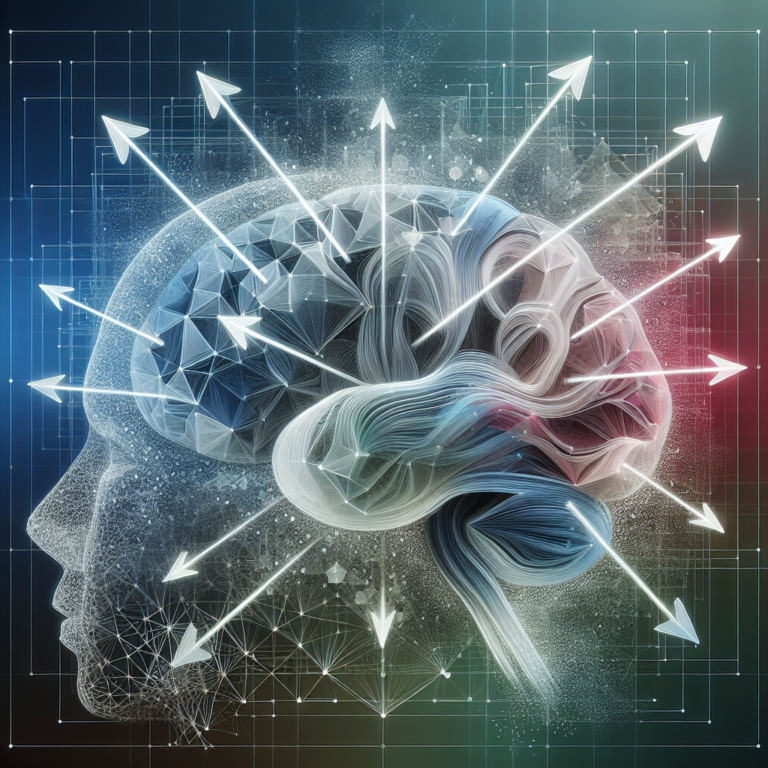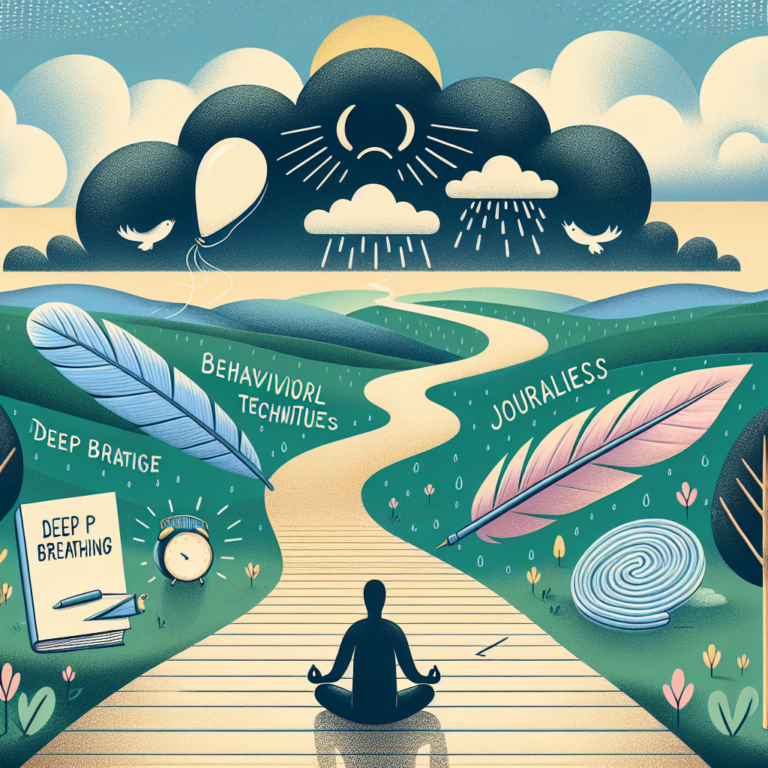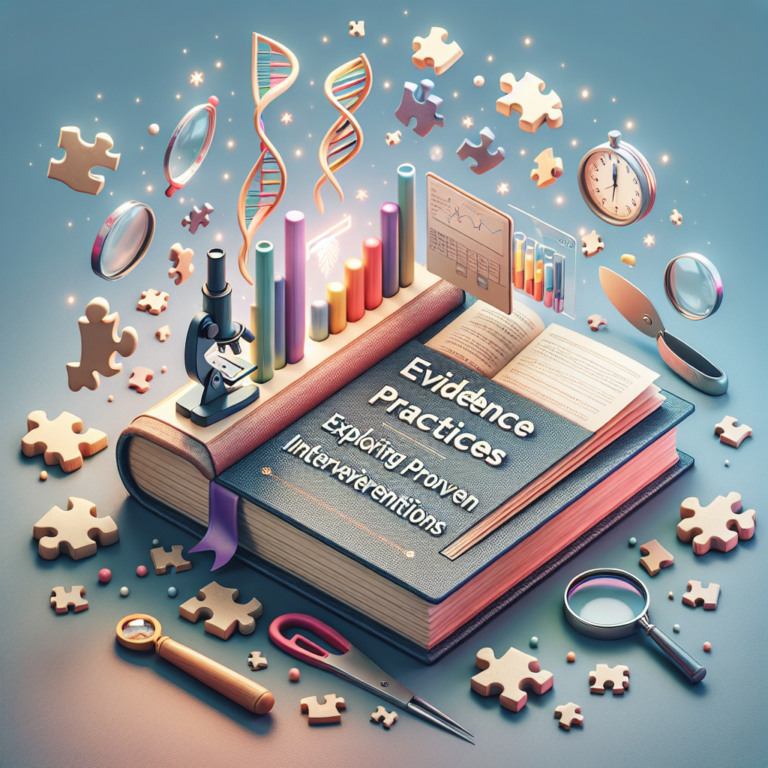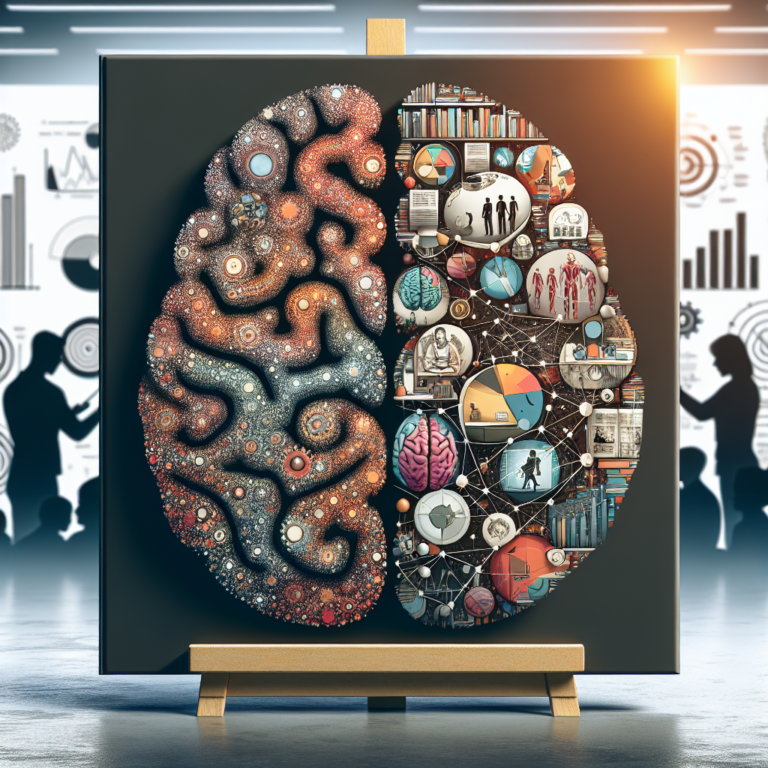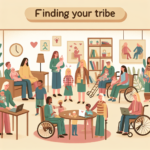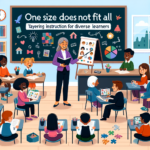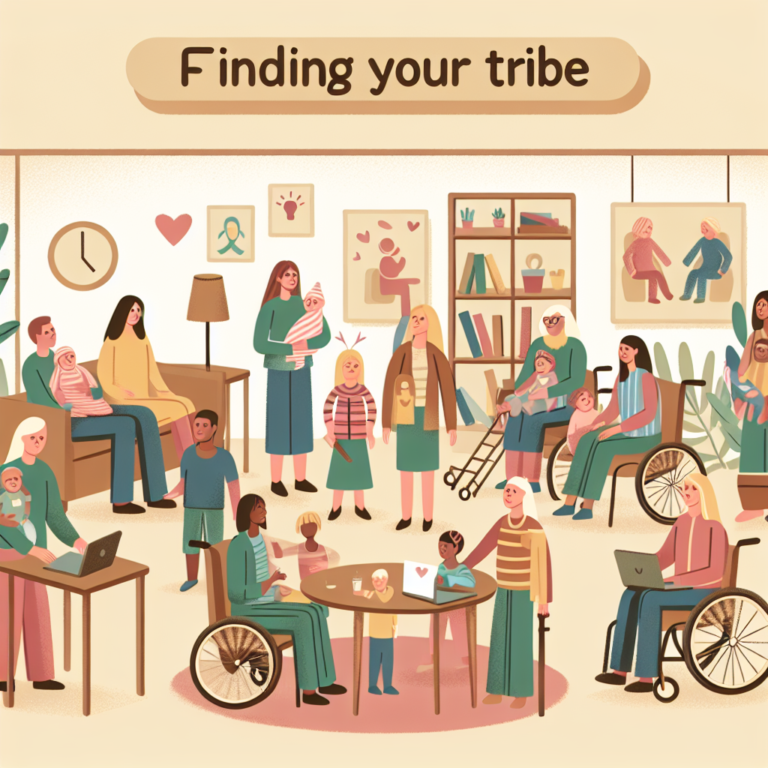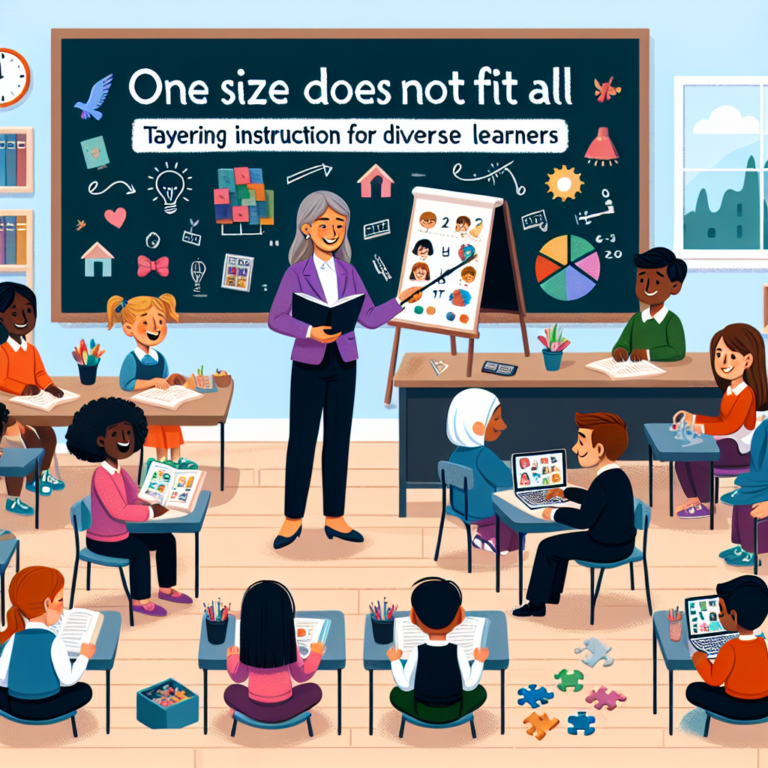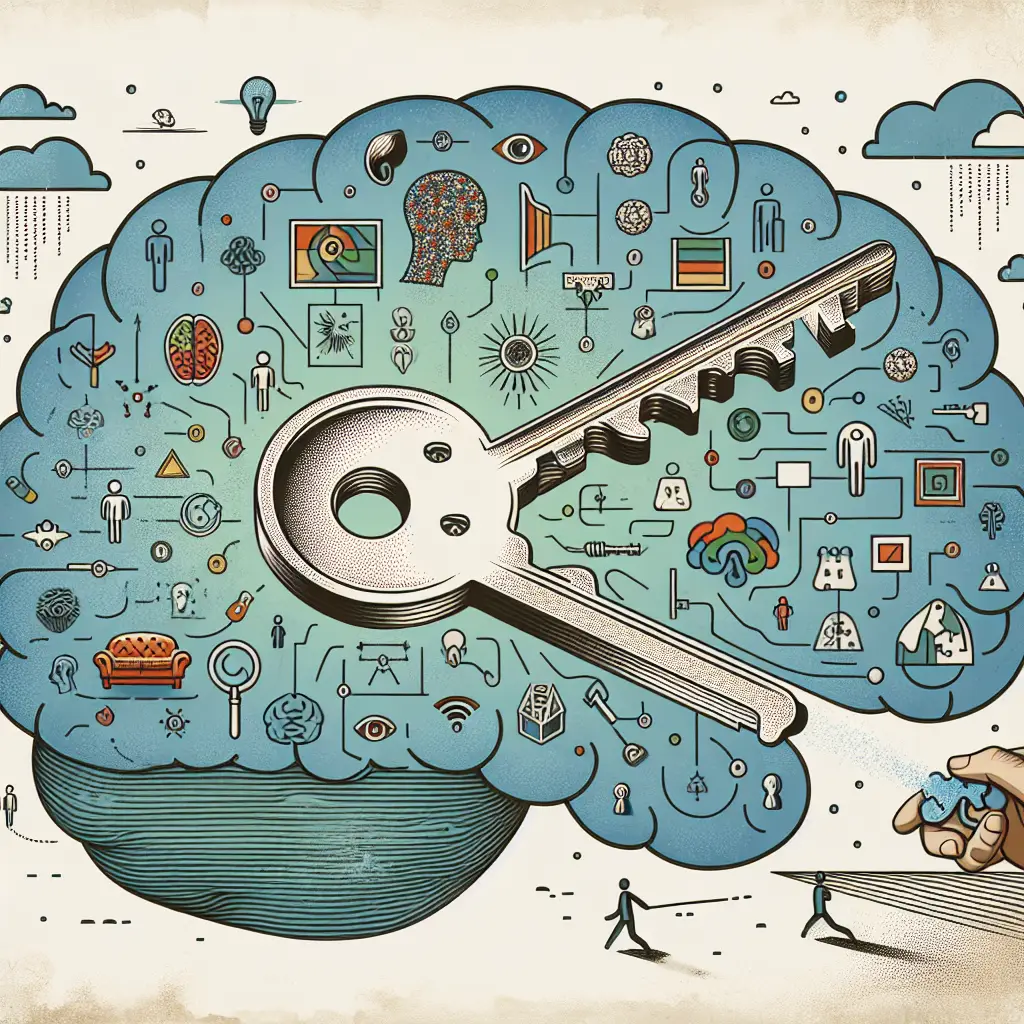
Unlocking the Mind: The Essential Role of Behavioral Psychology in Shaping Learning Strategies
Introduction
In an age where information is abundant and learning never stops, understanding how to effectively teach and learn is paramount. Education is not just about memorizing facts; it’s about engaging the mind, fostering curiosity, and creating adaptive learning strategies. Enter behavioral psychology—an essential discipline that has radically transformed educational practices. By focusing on observable behaviors and environmental influences, behavioral psychology provides invaluable insights into how learners can unlock their full potential.
This article delves into the vital role of behavioral psychology in shaping learning strategies, offering unique insights and practical applications that cater to educators, learners, and even policymakers. As we explore the intricacies of “Unlocking the Mind: The Role of Behavioral Psychology in Shaping Learning Strategies,” you’ll discover how these principles can be employed to create effective learning environments that drive success.
Understanding Behavioral Psychology
Behavioral psychology, also known as behaviorism, is a branch of psychology that studies the principles of learning and behavior. Unlike other psychological perspectives that may delve into internal thoughts and feelings, behavioral psychology emphasizes observable behaviors and the responses to environmental stimuli. Key figures, such as B.F. Skinner, Ivan Pavlov, and John Watson, have significantly contributed to this field, demonstrating that behavior is shaped largely by interaction with the environment.
The Principles of Behavioral Psychology
Conditioning: Both classical and operant conditioning are central to behavioral psychology. Classical conditioning involves learning through association, while operant conditioning focuses on reinforcement or punishment to increase or decrease behavior.
Reinforcement and Punishment: These principles dictate that behaviors followed by positive outcomes are likely to be repeated, whereas those followed by negative outcomes are less likely to recur.
- Behavior Modification: This entails using techniques from behavioral psychology to change undesirable behaviors into desirable ones, emphasizing the structured implementation of rewards and consequences.
Understanding these principles is the first step toward unlocking the mind and developing effective learning strategies.
The Impact of Behavioral Psychology on Learning
Learning is not a one-size-fits-all process. Individual differences in motivation, background knowledge, and personal experiences greatly influence how individuals learn. Behavioral psychology provides a framework for understanding these differences and guiding educators in tailoring their teaching strategies to meet the varied needs of students.
Reinforcement in Learning Environments
One of the most practical applications of behavioral psychology in learning strategies is through reinforcement. Positive reinforcement, such as praise, rewards, or recognition, can significantly enhance student performance and engagement.
Case Study: The Token Economy System
One of the most insightful implementations of behavioral psychology in educational settings is the token economy system used in schools for children with behavioral difficulties. For instance, a study at a public elementary school found that teachers who employed a token economy—where students earn tokens for desired behaviors—saw a dramatic decrease in disruptive behavior and an increase in on-task behavior.
Analysis: This case illustrates the power of positive reinforcement. By providing tangible rewards for positive actions, educators can shape students’ behavior and encourage a conducive learning environment. The result is a classroom that fosters intrinsic motivation, ultimately leading to better learning outcomes.
Exploring the Role of Habit Formation
Behavioral psychology also emphasizes the importance of habit formation in shaping learning strategies. Habits are behaviors that become automatic over time. By understanding how habits are formed, educators can design interventions that foster productive study habits and routines.
Case Study: The Pomodoro Technique
The Pomodoro Technique relies on behavioral principles to enhance focus and productivity. Developed by Francesco Cirillo, this method encourages learners to work in intense bursts (25 minutes), followed by short breaks (5 minutes).
Analysis: Research shows that this technique leverages the principle of timing—a critical element in behavioral psychology. By setting clear intervals, students can gradually develop a habit of sustained focus and effective time management, thus improving their overall learning efficiency.
Designing Learning Strategies Using Behavioral Psychology
Now that we’ve explored the foundational principles and their applications, it’s essential to discuss how to consciously design effective learning strategies rooted in behavioral psychology.
1. Goal Setting
Helping students set specific, achievable goals can significantly enhance motivation and focus. Behavioral psychologists argue that clear goals provide a target to aim for, reinforcing effort and persistence.
2. Immediate Feedback
Providing immediate feedback on performance reinforces learning. When learners receive feedback right after an action, they can make adjustments quickly, which enhances their understanding and retention of information.
3. Task Breakdown
Breaking tasks into smaller, manageable parts can help reduce feelings of overwhelm. Behavioral psychology supports this by emphasizing that smaller tasks can lead to quick wins, encouraging learners and reinforcing positive behavior.
4. Varied Reinforcement Strategies
Utilizing a mixture of reinforcement strategies can cater to diverse learners. Not all students respond the same way to rewards; some may thrive on verbal praise, while others may prefer tangible rewards.
5. Classroom Environment
Creating a positive classroom environment significantly influences learning. By establishing rules and expectations through clear and consistent consequences, educators can manage behavior effectively and facilitate an optimized learning experience.
Measuring and Evaluating Learning Strategies
To ensure that the implemented strategies are effective, it is imperative to measure and evaluate their impact continually. Data collection methods can include:
- Surveys and Questionnaires: Gather student feedback regarding their learning experience.
- Performance Metrics: Monitor student grades and participation levels before and after implementing new strategies.
- Behavioral Observations: Conduct observations of student behavior in the classroom to assess engagement and motivation.
Table 1: Key Performance Indicators for Evaluating Learning Strategies
| Indicator | Purpose | Method of Measurement |
|---|---|---|
| Student Engagement | Measure participation and involvement | Observations, Surveys |
| Academic Performance | Assess learning outcomes | Grades, Tests |
| Behavioral Changes | Evaluate changes in behavior | Behavioral Logs |
| Feedback Quality | Determine effectiveness of feedback | Surveys, Interviews |
| Goal Achievement | Track the completion of set objectives | Self-assessment, Charts |
Real-world Application of Behavioral Strategies
Implementing behavioral psychology in educational settings has garnered impressive results. Schools utilizing these strategies report increased student engagement, improved academic performance, and a more positive classroom atmosphere.
Conclusion
Unlocking the mind through behavioral psychology has proven to be an essential component in shaping effective learning strategies. By focusing on observable behaviors, educators can create environments that foster motivation, establish productive habits, and encourage positive interactions. As we advance in our pursuit of knowledge and education, the principles of behavioral psychology offer a practical framework for unlocking potential—both in students and educators alike.
The journey of learning is not merely about acquiring knowledge; it’s also about developing an understanding of oneself and the environment. By applying the insights provided in this article, educators, students, and even policymakers can harness the power of behavioral psychology, ultimately enabling more effective and meaningful learning experiences.
FAQs
1. How does behavioral psychology differ from cognitive psychology?
Answer: Behavioral psychology focuses on observable behaviors and external influences, while cognitive psychology emphasizes mental processes, such as thinking, memory, and problem-solving. Both play important roles in shaping learning strategies, but from different perspectives.
2. Can behavioral psychology be applied to adult learning?
Answer: Absolutely! Behavioral principles can enhance adult learning by reinforcing behaviors, providing timely feedback, and structuring learning environments that cater to adult learners’ unique needs.
3. What role does motivation play in behavioral psychology?
Answer: Motivation is key in behavioral psychology. By understanding what motivates learners, educators can tailor reinforcements and create strategies that align with students’ interests, boosting engagement and performance.
4. Are there any drawbacks to using behavioral psychology in education?
Answer: While behavioral psychology is effective, some critics argue that it may overlook the mental and emotional factors influencing learning. A balanced approach that incorporates elements of behaviorism along with cognitive and emotional considerations is often the most effective.
5. How can parents implement behavioral psychology at home?
Answer: Parents can apply reinforcement strategies by providing praise or rewards for completing chores or homework. Additionally, establishing routines can help children develop positive habits and behaviors conducive to learning.
By embracing these principles, we not only unlock the mind but also empower learners to take charge of their educational journeys, ultimately leading to a brighter and more informed future.




